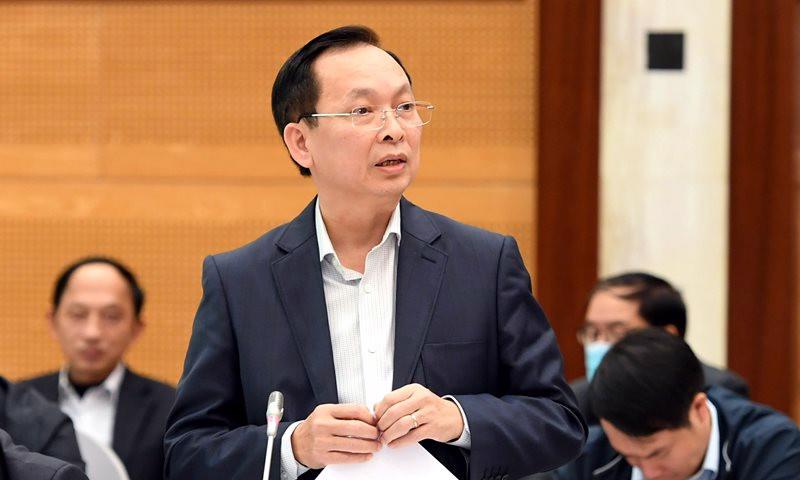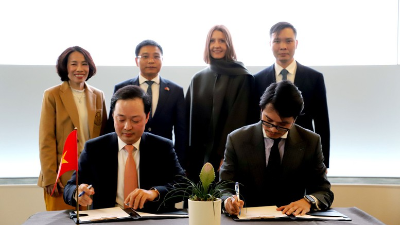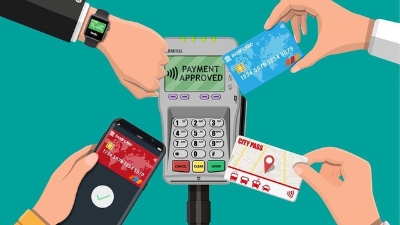Deputy governor Dao Minh Tu outlined the strategy of the State Bank of Vietnam (SBV), the country's central bank, emphasizing the need to harmonize exchange rates and interest rates without sacrificing one for the other, at the Vietnam Economic Forum 2024 on April 25th.
"Interest rates are currently at their lowest level in 'several decades'," Mr Tu said, acknowledging experts' warnings about the potential impact of ultra-low rates on macroeconomic indicators. "We cannot sacrifice exchange rates for interest rates but must ensure harmony between interest rates and exchange rates."
Vietnam's currency has come under intense pressure this year, with the dong depreciating nearly 5% against the US dollar since January. The State Bank of Vietnam (SBV) is grappling with a complex challenge: maintaining exchange-rate stability while avoiding exacerbating inflationary pressures.
An Intricate Balancing Act
The dong's depreciation, while still relatively modest compared to currencies like the Thai baht (-7.12%) and Japanese yen (-9.69%), has raised concerns among businesses, particularly importers.
However, the central bank faces a delicate balancing act, as exchange-rate stability remains crucial for keeping inflation in check – a priority in Vietnam's economic policy.
Mr Tu attributed the exchange-rate pressures to a confluence of global and domestic factors. Internationally, the US Federal Reserve's inflation-control policies, the strengthening US dollar, and reduced global investment and consumer demand have weighed on Vietnam's exports.
Geopolitical tensions, logistical disruptions, and raw material shortages have further exacerbated the situation.
Domestically, the sharp decline in interest rates has narrowed the gap between dong and dollar rates in the interbank market, fueling foreign currency speculation and putting upward pressure on the exchange rate. The recovery in imports has also increased dollar demand.

A Multi-Pronged Approach
To stabilize the exchange rate, the SBV has employed a multi-pronged approach. It has withdrawn excess liquidity from the system, managed the central exchange rate to deter speculation and currency hoarding, and promoted export loans to boost foreign currency supply.
Crucially, the central bank has intervened directly in the market by selling dollars to banks with negative foreign currency positions.
"This is the final solution to stabilize the exchange rate," Mr Tu asserted, underscoring the SBV's commitment to maintaining a stable currency.
However, the deputy governor also called on businesses to play their part, urging them to refrain from hoarding foreign currency, which could exacerbate exchange-rate pressures.
A Delicate Dance with Interest Rates
One of the central bank's primary challenges is reconciling exchange-rate management with interest-rate policy. While low interest rates have supported economic growth, they have also contributed to the dong's depreciation by making it less attractive to hold dong-denominated assets.
The SBV has resisted calls to raise interest rates, fearing the potential impact on the economy. Instead, Mr Tu indicated that the central bank would encourage commercial banks to reduce lending rates in priority sectors, while maintaining the current operating interest rate.
A Challenging Road Ahead
As Vietnam navigates the global economic headwinds, the central bank's efforts to strike a balance between exchange-rate stability, inflation control, and economic growth will face continued tests.
The SBV's ability to harmonize its policy tools will be crucial in ensuring macroeconomic stability and supporting the country's economic development.
Businesses, too, will play a role in this delicate dance, as their foreign currency management practices could either alleviate or exacerbate exchange-rate pressures.
With the global economic outlook remaining uncertain, Vietnam's policymakers and private sector will need to work in concert to weather the storm.









 Google translate
Google translate